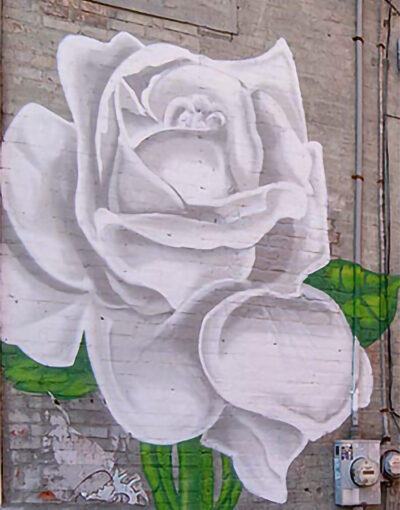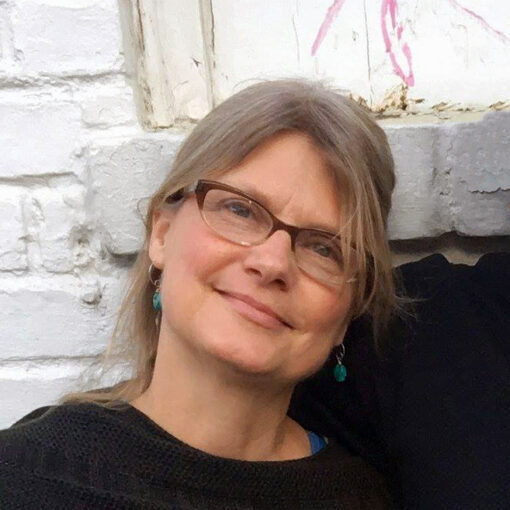Carol by Maria and Andy, May 1, 2024
C: … take down all those little balconies, and you can do as you please, and that’s a shame because the history of the town built all those when there were lots of mines.
M:I love the balconies,
A: And the ironwork that holds them up.
C: I mean, if you own a house, right today, you could, I don’t like that thing. I don’t like painting it. You can take it down. And they say that it’s so complicated. I mean, I’ve been living in Rosendale for 60, whatever year, a long time. And I hate to see that happen to the street.
C: I haven’t approached Bill and Jeannie lately, and I was going to show them this article
of my sons know. There are all stages of restriction. Well, it could simply say, you know, you can’t do major things. Paint polka dots on a house or whatever. Or it could be very restrictive. And I would not like that either if I owned a house on Main Street. So, I want to, I think before I would interview, get interview with them, I would approach them one more time. They seem to think that it’s a long process. Well, I was going to get in touch with the legislature. I hate to say it, but I’ve been so busy.
C: I know, the politician’s being…. It’s probably not going to be a popular thing. When I was a student at New Paltz in the 50s, a long time ago, there used to be a joke. If you had a beer in every bar on Rosendale’s Main Street, you’d be unfit to walk. Because that’s what it was. And the town was incorporated. It used to be a village, you know, with a separate government from the rest of them. And the reason they did that is they needed a police force. Because by the time the police came from Kingston, the bar fight was old. You know, the bottles were broken. It was that kind of a place. Because I laugh at some of the people say, oh, you know, we have all these artists. You know, they paint funny pictures. Good old days were, it was a drinking wild town on Main Street.
A: A lot of the artists were in there drinking with everybody else. That was what was nice about it.
C: That’s right. We did have Uncle Willy, you know, as a whole history of that.
C: My husband lived, he commuted to college. I met him in New Paltz and he was finishing up. I graduated six months ahead of him. So I took a job here in Port Ewan because he was doing his practice teaching. And then we were going to Long Island and make 10,000 a year instead. My first job was $3500 a year. They couldn’t have paid me less. That was the state minimum. That was important. But, you know, babies came and we bought a house.




